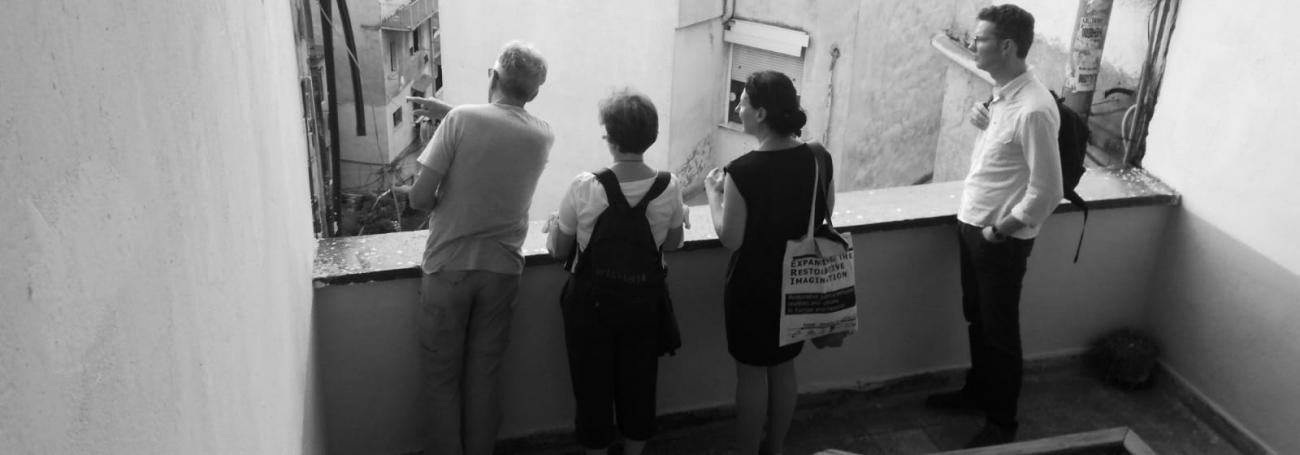
Committees are groups of members appointed to work on specific areas, such as practice and training, research, information and communication. There are standing committees (e.g. editorial committee) and ad-hoc committees (eg. the selection committee, which is set up before board elections and the election committee, which exists only to manage and supervise the actual voting on the board members).
Working groups also consist of members, but they are convened by the Board to perform a specific task or produce a specific outcome in a limited timeframe (e.g. Restorative Cities). They either dissolve after their task has been done or they are transformed to a formal committee of the EFRJ (e.g. Values and Standards for RJ).
The Annual General Meeting or the Board can appoint Committees and Working Groups and can co-opt individual members (who can also be non-members of the EFRJ if confirmed by the Chair). Committees and Working Groups report to the Board and they may present their work at the AGM.
Every Committee/ Working Group is composed by 3-10 members, who are appointed for a 2 years term (renewable). Individual members can be involved in maximum 2 Committees/ Working Groups; organisational members can delegate persons without limits. One Board member and one Secretariat member are linked to the Committees/ Working Groups, depending on the topics and competences needed. Their Chair is chosen among and by the Committee/ Working Group members.
If you are interested in joining one of the existing groups, please contact the the Secretariat and the Chair of the Committee/ Working Group. Spontaneous applications are welcomed: please send about 150 words presentation of yourself and your interest in joining the group; if agreed by the members of the Committee/ Working Group you applied for, a formal approval of your candidature will take place at the next Board meeting (normally Spring & Autumn each year).
For more information about the EFRJ Committees and Working Groups or for proposing a new area of work, please contact the Secretariat.


